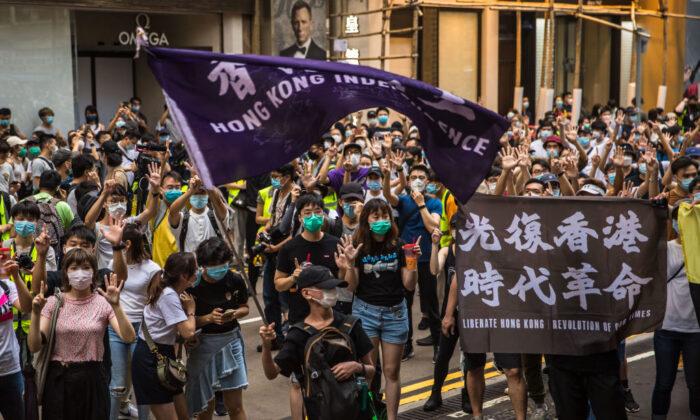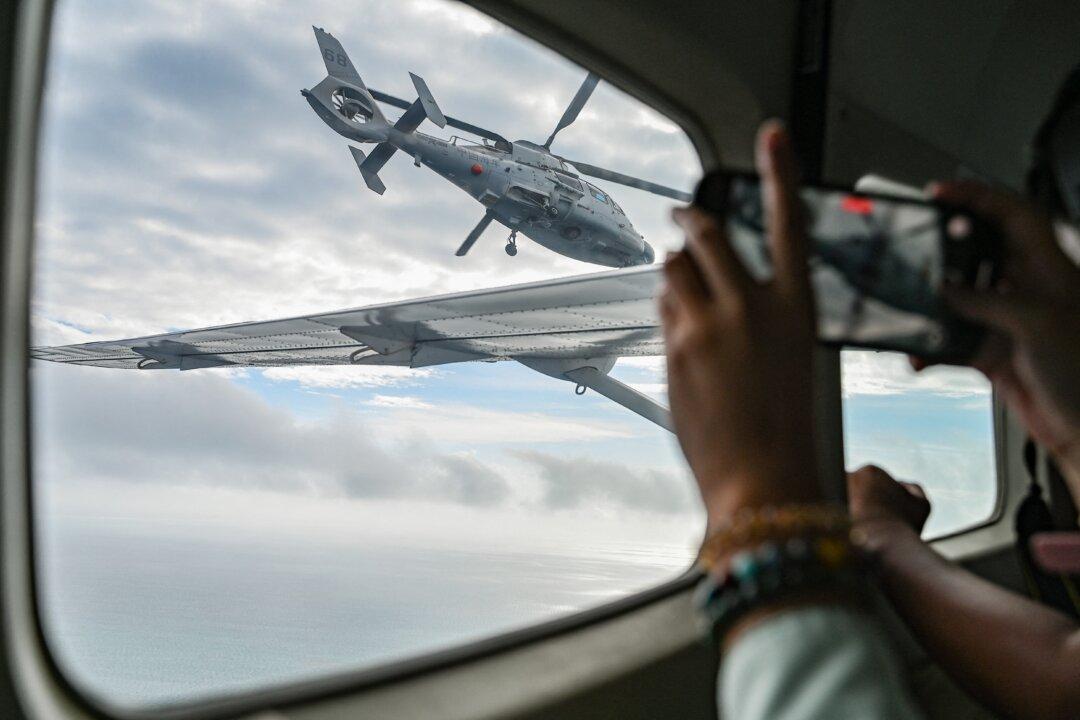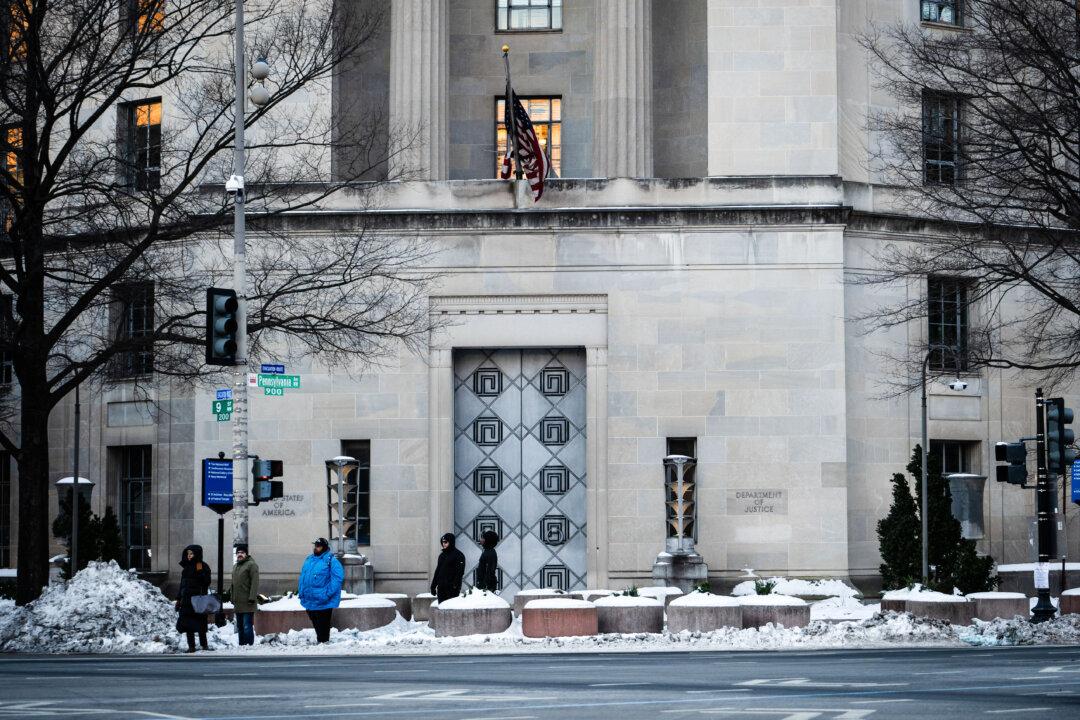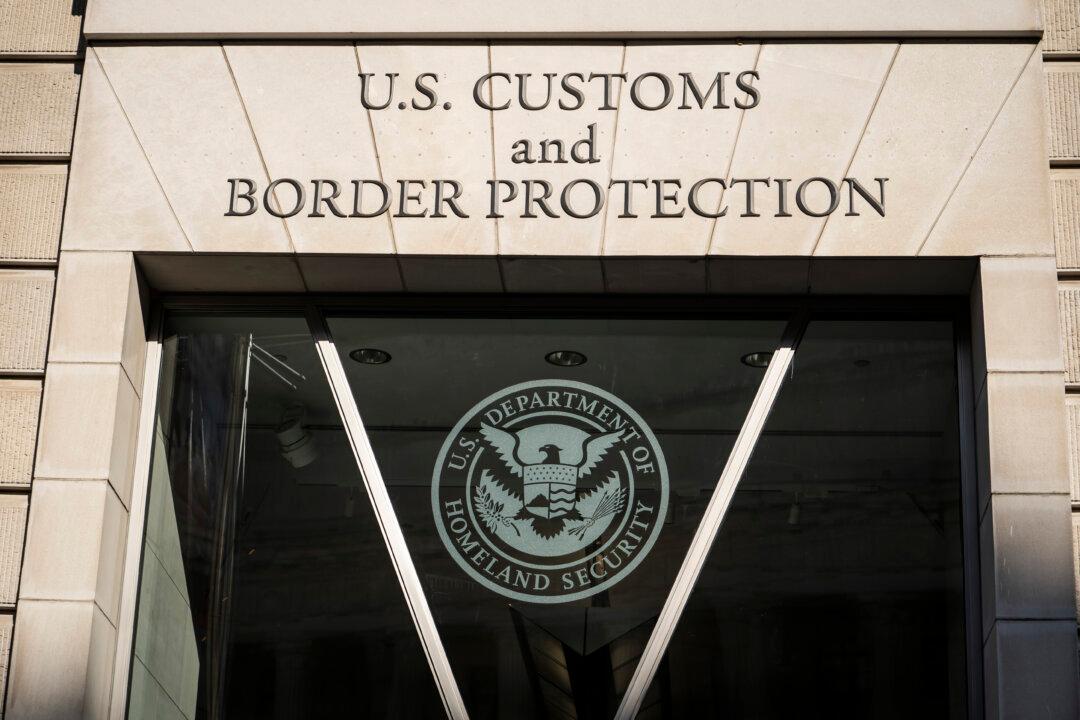At least eight pro-democracy figures were arrested in Hong Kong on Dec. 8 for their involvement in an unauthorized protest on July 1.
Those arrested included three former opposition lawmakersi—Wu Chi-wai, Eddie Chu, and Leung Kwok-hungi—as well as incumbent opposition district councilors Lancelot Chan, Andy Chui, and Tsang Kin-shing. Wu was the former head of the local Democratic Party.
Also arrested were Figo Chan and Tang Sai-lai—both members of the pro-democracy party League of Social Democrats. Figo Chan is also a deputy convener of the pro-democracy group Civil Human Rights Front (CHRF). CHRF organized many of the peaceful large-scale marches seen across the city after protests erupted in Hong Kong in June last year over possible extraditions to China.
Hong Kong, a former British colony, was handed back to Chinese rule on July 1, 1997. As a condition of the handover, the Chinese Communist Party (CCP) promised not to interfere with Hongkongers basic freedoms, which are not granted to mainland Chinese under the communist system, for at least 50 years under the “one country, two systems” agreement.
In 2003, on the anniversary of the handover, a massive crowd of 500,000 Hongkongers protested against Beijing’s attempts to introduce an “anti-subversion” clause into Hong Kong’s Basic Law—the city’s mini-constitution—which many Hongkongers believed would lead to suppression of their civil liberties.
Since then, a march has been held every year on July 1 to call for democracy and universal suffrage in Hong Kong. Currently, candidates for the city’s top leadership position, the chief executive, are voted in by an electoral committee made up of mostly pro-Beijing elites.
The communist party’s rubber stamp parliament imposed the national security law late on June 30, paving the way for Hong Kong authorities to punish vaguely-defined crimes that Beijing deems as succession, subversion, and collusion with foreign forces against the CCP with a maximum penalty of life imprisonment.
Defying a police ban, thousands of protesters joined what was a short-lived march led by Figo Chan, Lancelot Chan, Wu, Chu, and Tsang.
Among the eight, three were students who have been accused of “inciting others to commit secession” in violation of the national security law.





